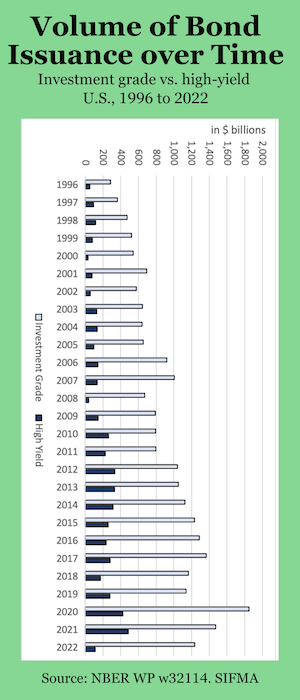Several years ago I was being measured for a suit in the fitting room of a tiny tailor shop on Nathan Road in Kowloon. The bespoke construction process involved three laborious fittings, and on the night before my flight home, my suit still wasn’t ready.
The next morning, as I was packing, someone knocked on my hotel room door. A porter handed me a blue plastic clothes bag. Inside hung my suit, nicely pressed and with my name sewn in gold thread inside. But there was no bill. Since I didn’t have time to resolve the situation, I left for the airport. With the suit.
A few years earlier, my wife and I had visited the offices of her ex-college roommate, now a vice president at a major national brokerage. We were financial newbies, and we hoped she could shepherd us through the wolfish brokerage world. We gave her every penny we had, and she gave us a five percent haircut. Ouch.
Those contrasting situations came to mind recently as I read some of the comments on the SEC website in response to the government’s RFI about applying the fiduciary rule to registered reps. The rule would require brokers, like investment advisors, to act in their clients’ “best interests.”
It would a boon to all Americans if, with the stroke of a virtual pen, the SEC could convert all of the financial intermediaries who now treat their supposedly personal clients like mere customers—and applying the caveat emptor principle—into intermediaries who treat every customer like a personal client. That’s a worthy goal.
But it’s not always practicable. The issue, as I see it, involves one’s personal autonomy. My wife’s former roommate, despite her impressive title and income, was and still is an employee. She operates from a corporate playbook. She doesn’t have the prerogative to put her clients’ interests first. No SEC rule can make her behave like a fiduciary.
My tailor, on the other hand, owns his own shop. He can choose to act as a fiduciary. He can choose to let someone walk out of his fitting room, his shop, and his country with a suit. Or not. That’s how he built his business. If he violates the fiduciary standard, he loses his business. (Obviously, plenty of registered reps own their own shops. Presumably, they make their own decisions.)
You can debate the merits of the suitability rule and the fiduciary rule from now until Mary Schapiro explains why her stupendous deferred compensation package from FINRA doesn’t create a conflict of interest for her in her current job, but you can’t require brokers, who are employees who serve corporations, to act like fiduciaries. That functionality isn’t in their operating system.
What the SEC can do is to try to help investors distinguish between custom-made financial advice and off-the-rack advice that’s merely been altered to become “suitable” for them—and especially not to be fooled into paying bespoke prices (neither wrap fees or huge commissions) for off-the-rack services. Personally, I don’t think the SEC will do that. The government’s efforts are just as likely to produce the opposite result. Suddenly, every suit will be bespoke.
But let’s finish the story of my own custom-made suit. Back home, I wore the suit to a business meeting, to a wedding. It felt great, and I showed everyone how the sleeve buttons actually unbuttoned. A few weeks later, the bill from my tailor arrived in an old-fashioned, hand-addressed airmail envelope. When I called his shop on Nathan Road to give him my credit card number, I asked him why he let me take the suit home before paying for it. He said he wanted me to be sure I was satisfied.
“Your tailor is like your doctor or your lawyer,” Manu Melwani confided several times when I was in his fitting room. (He also told me which ex-POTUS ordered a suit with a Velcro fly.) In other words, he behaved like a fiduciary. I’ve bought two suits from him since then, by FedEx and on open account. As for my wife’s ex-college roommate, we soon emptied our brokerage account and transferred all of our money to a no-load fund company. No hard feelings, but we won’t make that mistake again.
© 2010 RIJ Publishing LLC. All rights reserved.


